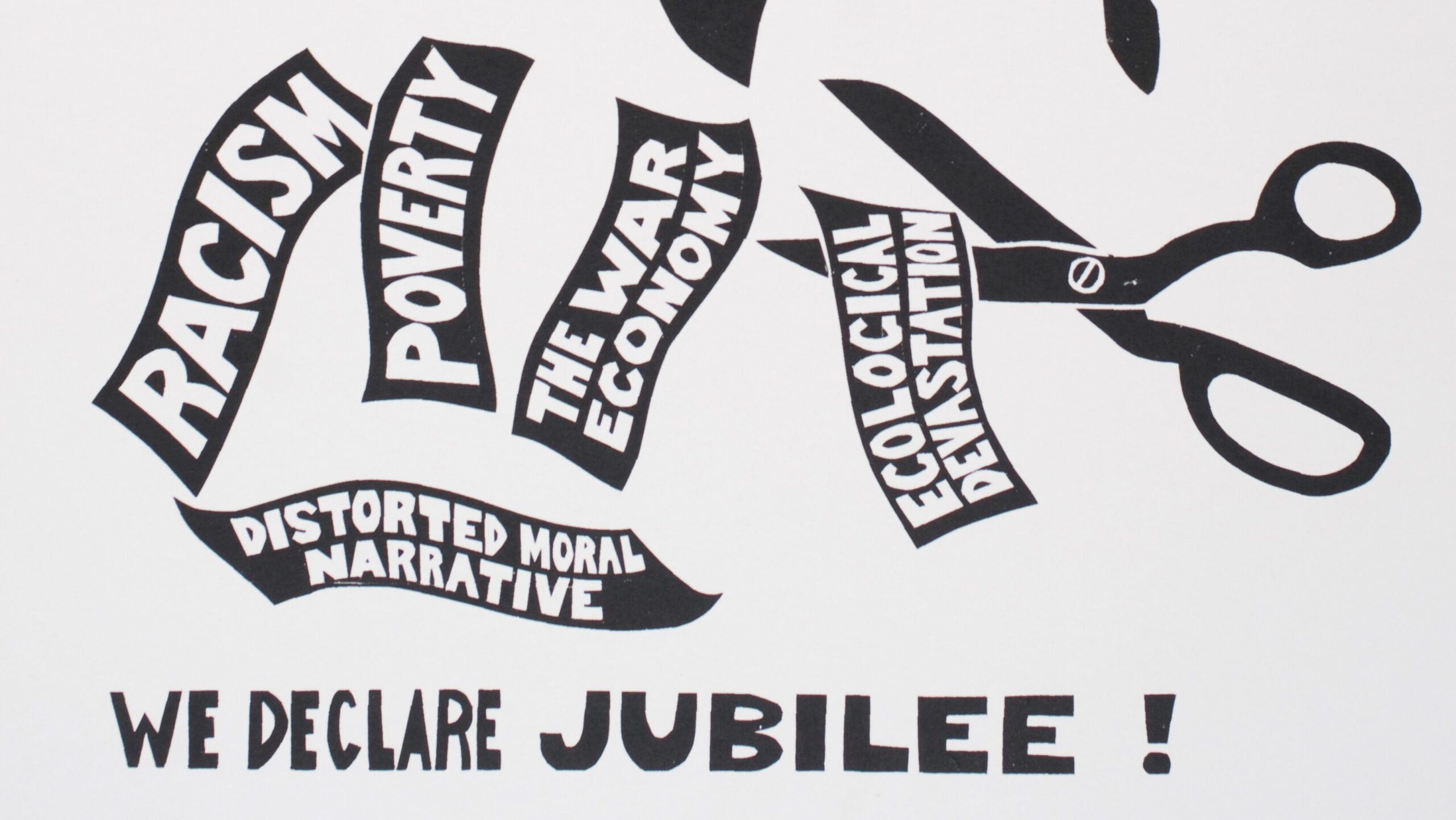Human Rights + Moral Policy

Definition
In May 1967, the Rev. Dr. Martin Luther King Jr. said, “We have moved from an era of civil rights to the era of human rights, an era where we are called upon to raise certain basic questions about the whole society.” The Kairos Center believes that everybody has a right to live and the right to thrive, which entails realizing our human rights to housing, health care, education, welfare, food, water, decent work, living wages and adequate incomes and peace. It also includes our right to democracy in its fullest sense, meaning the ability to meaningfully participate in the decisions that impact our lives.
Poor and dispossessed people are denied access to these human rights on a regular basis through systems of oppression, exclusion and marginalization. However, “moral” policies that center and prioritize the poor can both redress the denial of these rights and establish a more equitable and just society.
Why this matters
There are at least 140 million people in the United States who are poor or low-income, living just one emergency away from economic ruin. These tens of millions of people account for 40 percent of our population and include people of every race, age, gender identity and sexual orientation, political belief and faith. They also live in every county, state and region of the country.
This widespread poverty is expressed in the constant struggle to meet basic needs and realize the rights to which we are entitled as human beings and promised by the founding documents of this nation. The denial of these rights impacts our entire society and is perpetuated by narratives that blame the poor for their poverty, rather than systems and structures that create these conditions.
At the same time, the resources and solutions are at hand to lift the load of poverty and human misery. In fact, ending poverty and the injustices of racism, violence and climate crisis that are intimately related to poverty, will benefit our whole society and usher in a new era of economic and moral revival.
Our Response
- The Kairos Center’s approach to human rights and moral policy centers the leadership and insights of poor and dispossessed people who are organizing against systemic injustice. Their efforts to realize and meet their needs, even in very localized and grassroots initiatives, articulate a broader analysis of what it will take to transform society from the bottom up.
- Building on decades-long relationships with frontline communities, our policy prescriptions and resources cut through the lie of scarcity or that poverty is inevitable. We bring together facts, testimonies, analysis and research to show that ending poverty is not only necessary, but possible.
- Through policy briefings, reports, fact sheets and strategic interventions that bring the struggles of the poor in conversation with issue area experts, we reveal the failures of our current systems and policies, while identifying and articulating new policy solutions to realize all of our rights.
Tips for Engagement
- Each One, Teach One: Share the information from these resources on social media, in your community or congregations. Organize a study session in your community or congregation using articles, videos and other resources from this resource hub.
- Walk as you Talk: During election season, participate in a voter outreach and registration drive, in particular among poor and low-income communities. Use the resources on low-income voters to inspire more focus and attention in these communities.
- The Struggle is Our School – Invite a leader from the Kairos Center Network to speak at your church or community organization and learn from the first hand experience of leaders working to build a movement to end poverty and the interlocking injustices.
- Learn as You Lead: Join the state-based work of the Poor People’s Campaign wherever you live. Connect voter outreach and engagement drives during elections to your local Poor People’s Campaign committee.
- Follow the Kairos Center on social media to access our latest content.